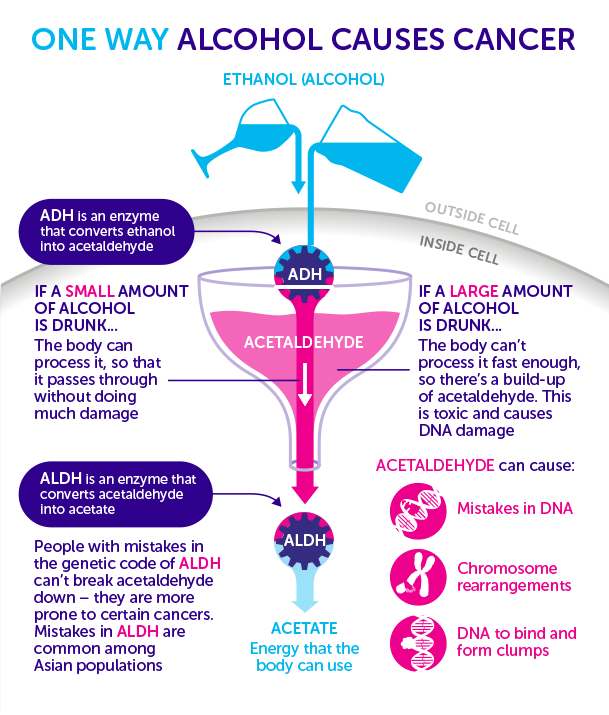Unlock the secrets of beer intoxication levels in our Boozy Breakdown! Learn how different factors can affect your buzz.
Table of Contents
Are you curious about the age-old question of how many beers it takes to get drunk? The answer may not be as straightforward as you think. In this comprehensive blog post, we’ll delve deep into the science behind alcohol metabolism, individual tolerance levels, and various factors influencing intoxication. So grab a cold one and let’s unravel the mystery together.
Understanding Alcohol Metabolism
alcohol metabolism is a complex process that occurs in the liver. When you consume beer (or any alcoholic beverage), it gets absorbed into your bloodstream through the digestive system. From there, it travels to the liver, where enzymes break down the alcohol into acetaldehyde and eventually into acetate, which is then further metabolized into carbon dioxide and water. This process is what allows your body to eliminate alcohol from your system.
Several factors can influence the rate at which alcohol is metabolized in your body. One of the most significant factors is body weight – generally speaking, the more you weigh, the more alcohol you can consume before feeling drunk. Additionally, gender plays a role, as women tend to have lower levels of the enzyme responsible for metabolizing alcohol than men, making them more sensitive to its effects.
It’s important to note that the liver can only process a limited amount of alcohol per hour, regardless of how much you’ve consumed. This is why binge drinking can quickly lead to dangerous levels of intoxication and potential alcohol poisoning.
Individual Tolerance Levels
Have you ever wondered why some people seem to handle their alcohol better than others? individual tolerance levels play a significant role in how a person responds to alcohol consumption. Tolerance refers to the body’s ability to adapt to regular alcohol intake, meaning that frequent drinkers will generally need to consume more alcohol to feel the same effects as occasional drinkers.
Factors such as genetics, age, and drinking patterns can all influence an individual’s tolerance to alcohol. Some people naturally have enzymes that metabolize alcohol more efficiently, while others may be more sensitive or prone to developing alcohol dependency. Understanding your own tolerance level is key to drinking responsibly and knowing when to stop.
If you find that you need to consume more alcohol to feel intoxicated, it’s essential to be mindful of your habits and ensure that you’re not putting yourself at risk for alcohol-related harm.
Factors Influencing Intoxication
When it comes to getting drunk, the type of alcoholic beverage you drink can have a significant impact. Beer typically has a lower alcohol content (usually around 4-6% ABV) compared to spirits or cocktails, which can range from 40-50% ABV or higher. This means that you may need to consume more beer to reach the same level of intoxication as you would with a stronger drink.

Image courtesy of blog.dana-farber.org via Google Images
Other factors that can influence intoxication levels include food consumption, hydration, and overall health. Drinking on an empty stomach can lead to faster absorption of alcohol into the bloodstream, while staying hydrated can help dilute the alcohol and reduce its effects. Lifestyle factors such as stress, fatigue, and medication can also affect how alcohol impacts your body.
Ultimately, the key to responsible drinking is knowing your limits and being aware of the various factors that can influence your intoxication levels. It’s always better to err on the side of caution and pace yourself when consuming alcohol.
Conclusion
Next time you find yourself reaching for a beer, take a moment to consider the science behind alcohol metabolism, individual tolerance levels, and the factors that influence intoxication. By understanding how your body processes alcohol and being mindful of your own limits, you can make informed decisions about drinking responsibly.
If you have any thoughts or experiences to share on this topic, we’d love to hear from you in the comments below. Cheers to a better understanding of the boozy breakdown!
FAQ
Question 1: How does body weight affect alcohol intoxication levels?
Answer 1: Body weight plays a role in alcohol metabolism – generally, the more you weigh, the more alcohol you can consume before feeling intoxicated. This is because a larger body mass can dilute alcohol in the bloodstream, lowering its effects.
Question 2: What factors influence individual tolerance levels to alcohol?
Answer 2: Genetics, age, and drinking habits can all impact an individual’s tolerance to alcohol. Some people metabolize alcohol more efficiently due to genetic factors, while frequent drinkers may develop a higher tolerance over time.
Question 3: Can the type of alcoholic beverage affect intoxication levels?
Answer 3: Yes, the alcohol content in different beverages can impact intoxication levels. Beer typically has a lower ABV than spirits or cocktails, requiring more consumption to reach the same level of intoxication.
Question 4: How can lifestyle factors influence alcohol intoxication?
Answer 4: Factors such as stress, fatigue, medication, and overall health can affect how alcohol impacts the body. Drinking on an empty stomach, dehydration, and health conditions can all contribute to varying levels of intoxication.
Generated by Texta.ai Blog Automation


Leave a Reply